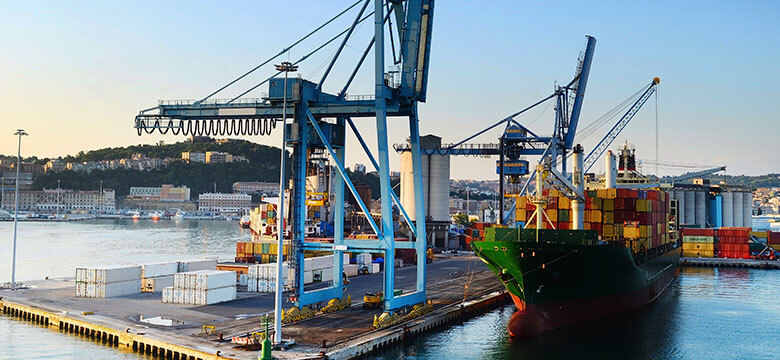
A maritime industry lawyer knows that the law of negligence determines the outcome of many maritime accident cases. Negligence occurs when a person fails to act with the degree of care expected of a reasonable person under similar circumstances. A lack of training is often used as evidence of negligence on the part of a ship operator. Thus, improving training can reduce the potential liabilities of a ship owner, and more importantly, it can save lives.
If you have been injured in a maritime accident, it is essential to contact our Houston maritime accident lawyers at The Krist Law Firm, P.C. We can help seek compensation on your behalf for your injuries. To schedule a free, no-obligation consultation, reach out to us at (281) 283-8500 right away.
Shipping Industry Seeks to Share Training Competency
In the maritime industry, stakeholders tend to develop their training programs in isolation. To promote more effective training for crews and to reduce the ecological footprint of the industry, Marine Learning Systems, World Maritime University, and New Wave Media created the Maritime Training Insights Database (MTID), which is an initiative to collect and share information about maritime training.
The 2018 MTID report sheds light on several training challenges shared across the industry, including:
- Lack of funding for training – Respondents reported that the primary impediment to achieving their training goals was the lack of financial resources. Half of the study’s respondents spent anywhere from one to five percent of their operational budget on training. Some respondents, however, spent up to 20 percent of their budget on training. On average, the industry spent $819 annually to train each seafarer.
- Not enough training personnel – Many ship operators reported a shortage of competent and dedicated training personnel. The inability to keep dedicated training personnel on payroll comes as no surprise if ship operators are facing tight training budgets. But, it’s not just a lack of money. There’s also a lack of qualified individuals in the labor market to fill these positions when funding is available.
- Technological change – Rapid digitalization and technological advancement in the shipping industry means that crews need to be trained more regularly in the operation of increasingly complex systems. A related issue is that systems differ significantly from one ship to another. A crew that is brought up-to-date on the technology used in one ship may need to be retrained before being assigned to another vessel.
According to the report, most respondents saw their training budgets increase from 2016 to 2017. The use of simulators is growing too, which can enable ship operators to train their crews in handling a variety of scenarios before sending them to sea.
Why Is Training Important?
Most maritime accidents occur as a result of human error. Even in cases where weather or a mechanical malfunction is a contributing factor, it’s the poor judgment of a crew member or officer that renders the accident inevitable.
The most recent high profile shipping accident in the United States involved a ship that sank during a hurricane in 2015. Even though severe weather caused the sinking, it was the ship’s captain who chose to sail the vessel into the storm. He did not use the most up-to-date weather readouts available to him or listen to junior officers who recommended that he change course. In this case, had the captain been more familiar with his weather reporting systems and trained on communication and decision-making procedures on the bridge, the accident could have been averted.
Contact a Houston Maritime Accident Attorney For Help
At The Krist Law Firm, P.C., we are dedicated to helping injured maritime professionals get the compensation they deserve after an accident. Whether you work on a ship, on a platform, or in port, our Houston maritime lawyers can improve your chances of getting the optimal case resolution. If you or a family member has been injured, contact us today at (281) 283-8500 for a free consultation about your legal options.

